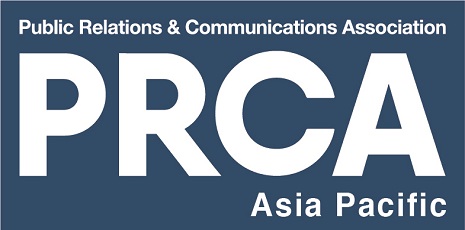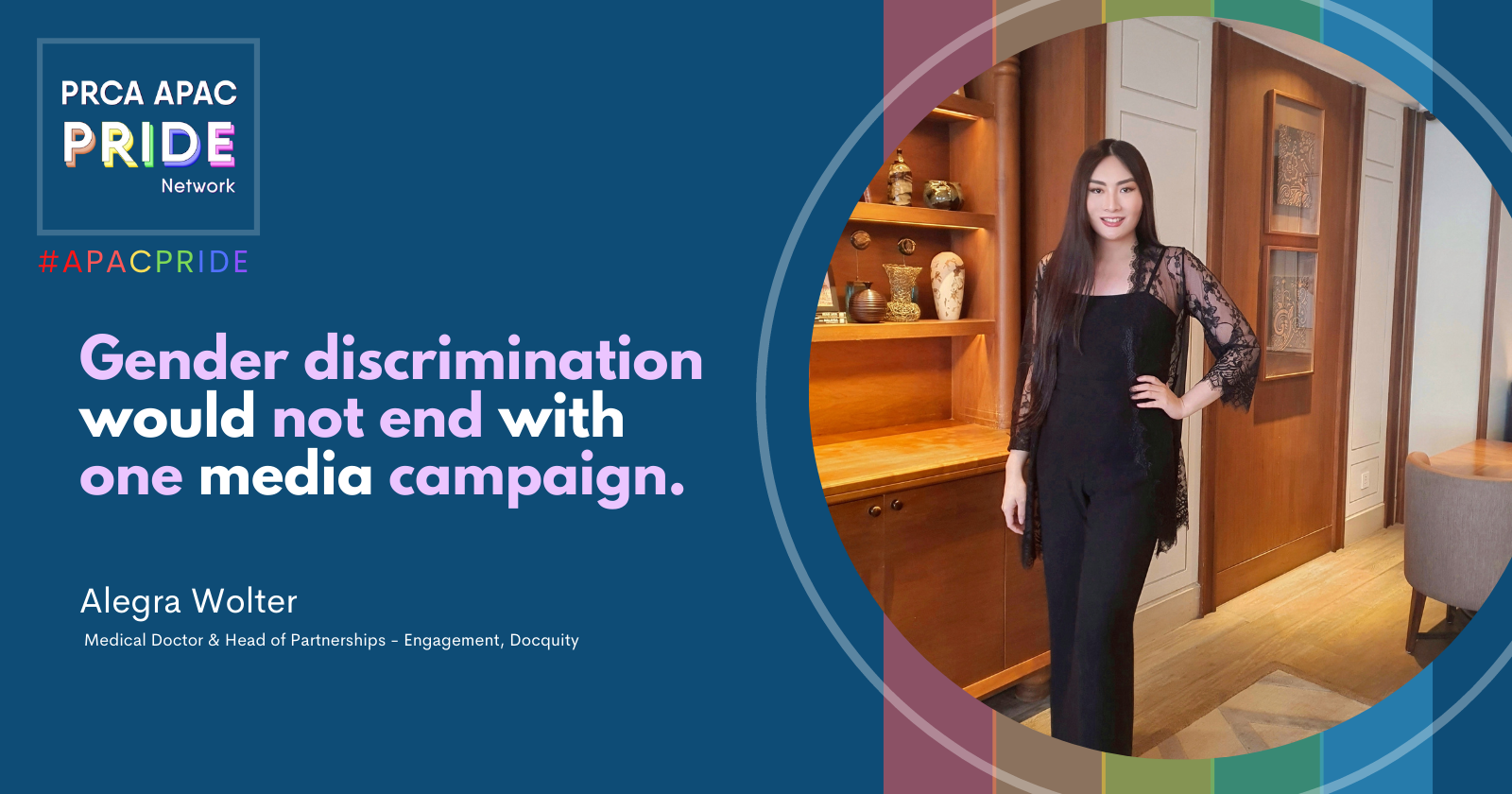Earlier this month, protests were staged to oppose the UK government’s conversion therapy policy. Conversion therapy refers to any practice which tries to change or suppress someone’s orientation or gender identity. People from the LGBTQ+ community can suffer the repercussions of these experiences in the long run. As it turns out, this conversion bill was also seen being enforced in Indonesia, known as one of the most conservative countries in the world.
With curiosity to understand how lives of the LGBTQ+ community are in Indonesia, we interviewed Alegra Wolter – the first openly transgender woman working as a medical professional in Indonesia.
She shares a glimpse of it here:
1. What is life as a transgender person in a conservative country?
Discrimination stifles opportunities and wastes the human capability needed for countries’ progress. Eliminating discrimination is essential for promoting a society where equality and equity are respected. Although trans individuals were recognized in the Indonesian culture, discrimination is still inevitable in the health, economic, education, and law sectors. For instance, the Indonesian Medical Societies have not fully adopted the non-pathological approach toward caring for LGBTIQ individuals. In 2016, the Indonesian Psychiatric Association declared LGBT people as “mentally ill,” a statement that might perpetuate stigma on an already marginalized group.
Moreover, Human Rights Watch illustrated how the Indonesian authorities fuel the HIV epidemic through blatant discrimination against the LGBT population. These actions discouraged HIV-vulnerable groups and other minorities from accessing prevention and treatment services for mental health and HIV care. It is evident that gender and sexually diverse communities in Indonesia still struggle to receive their full rights being recognized to build a dignified life.
2. How to break bias/barriers for trans, especially in media and/or in the professional workplace?
According to the Williams Institute UCLA’s report, it is estimated that discrimination and inequality have cost us up to 12 billion USD. Bias and barriers are built simultaneously from generation to generation through indoctrination that one life is more precious than another, and it is okay to treat others less than us – because they are different. Stop discrimination requires the government’s whole effort, policymakers, companies, organizations, communities, and other stakeholders. It is simple to stay that we can try building a more inclusive space within our environment through workplaces, friendships, and relationships. We can always start from ourselves while dismantling the system that buried our true identity and authenticity.
3. Can you share about what you do such as a project or campaign for trans to grow professionally even though in the most conservative country.
I have been involved with several civil organization campaigns, and I have worked in several sectors in healthcare, startups, and clinics. It is fair to see that we need to move from “pity” toward certain groups to “compassion” in our policies and planning. We need to have more action-oriented empowerment programs that translate to the needs of all-trans individuals coming from the most to the least privileged. All empowerment programs should be sustainable, as gender discrimination would not end with one media campaign. Instead, it needs to be led top-down and bottom-up, with all layers of communities involved in ensuring that trans voices are represented by themselves and not by cisgender people.
4. What are the most important things you want to tell transgender communities in conservative countries?
“Start where you are, use what you have, do what you can.” – a quote by Arthur Ashe that echoes to me today. As a minority, it is important to surround yourself with a supportive environment where you can survive and thrive. Always be open to knowledge and education as it would become the door for you to advocate for yourself and your community. Our work is not done until we can sit at the same table, face to face, and see each other with the same respect and dignity—happy trans day of visibility to all of us.
If you’d like to share your own pride story or to nominate any other role model pride story, please share to us at [email protected].
About Alegra
Alegra Wolter is a well-driven physician with the background in medicine, health technology, research, and community advocacy. She currently works as the Head of Partnerships – Engagement at Docquity Indonesia, General Practitioner at Angsamerah Clinic, and Chairwoman of Suara Kita’s Advisory Board. Her diverse problem-solving skills have brought versatility to her strategic planning and execution toward the company and organizational growth. She excels in building healthy relationships with clients

